LDF Oral History Project
The Legal Defense Fund (LDF) Oral History Project documents the stories and context behind LDF’s efforts for over 80 years to defend and advance the full dignity and citizenship of Black people in the United States. Through in-depth oral history interviews, we showcase the previously untold strategies, stories, and people behind LDF’s history. LDF recognizes that the narratives it documents, archives, and shares can be tools in the ongoing struggle for racial justice, equality, and liberation today and in our collective future.
The oral histories associated with this project were created in collaboration with the University of North Carolina’s Southern Oral History Program, one of the nation’s oldest oral history initiatives. We hope you will revisit this page as we continue to add new interviews.
Explore the Oral Histories
Sylvia Drew Ivie Oral History
Oral History, 2023
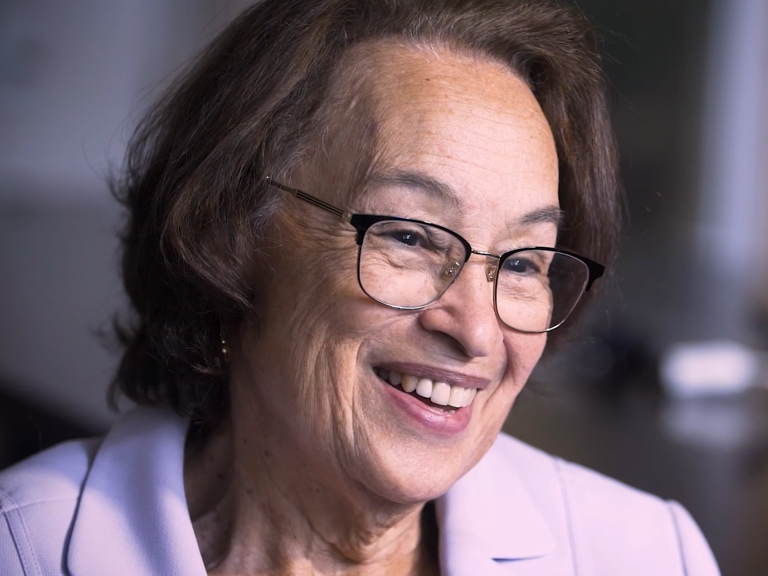
James Ferguson Oral History
Oral History, 2023
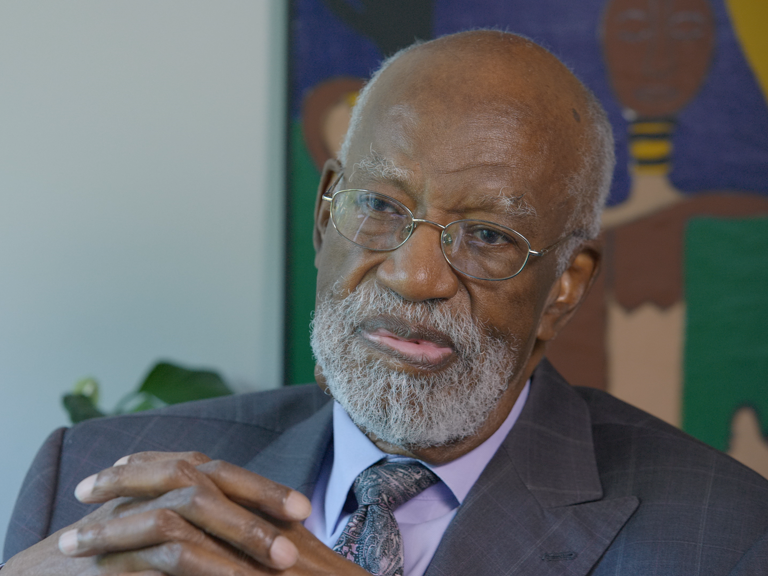
G.K. Butterfield Oral History
Oral History, 2023
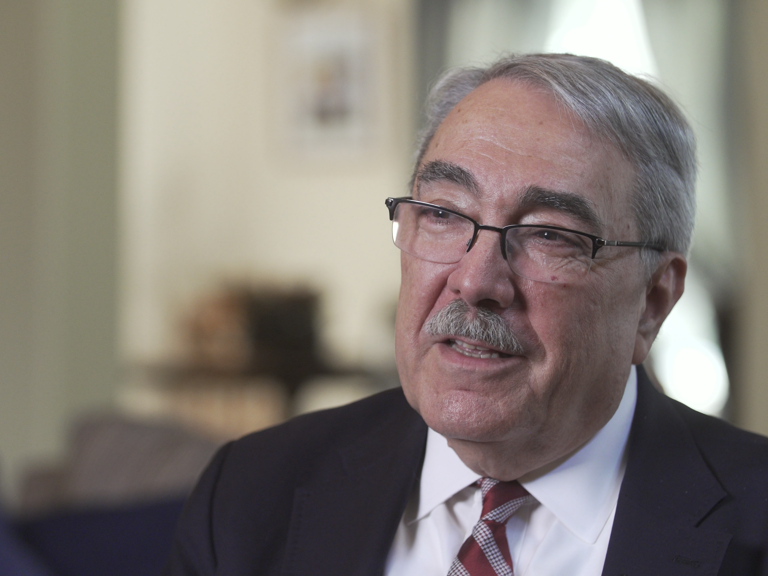
O. Peter Sherwood Oral History
Oral History, 2024
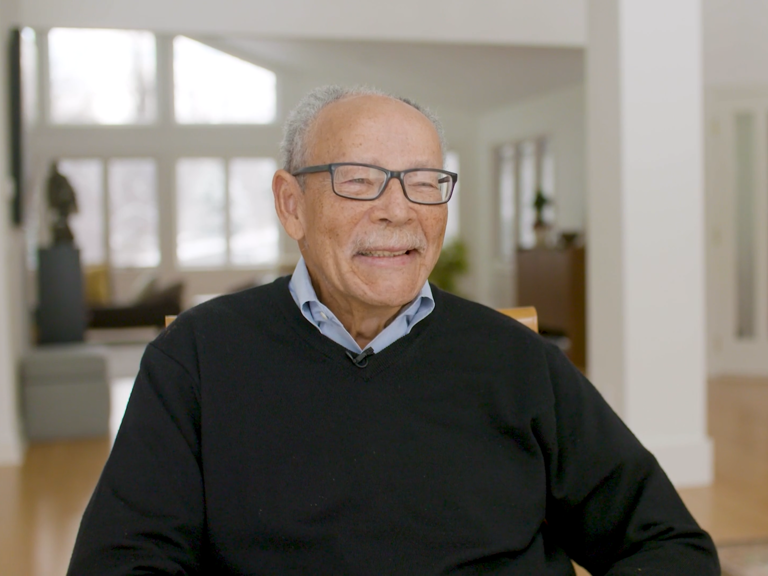
Melvyn Zarr Oral History
Oral History, 2024
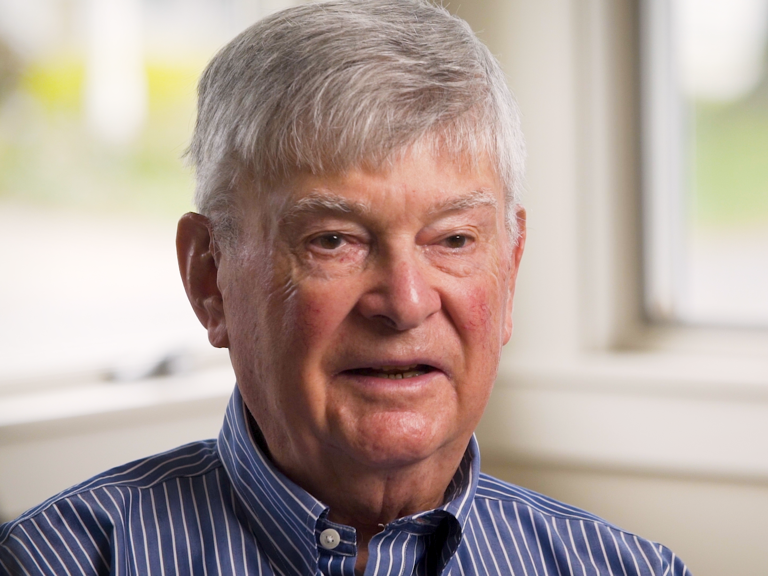
Harvey Gantt Oral History
Oral History, 2023
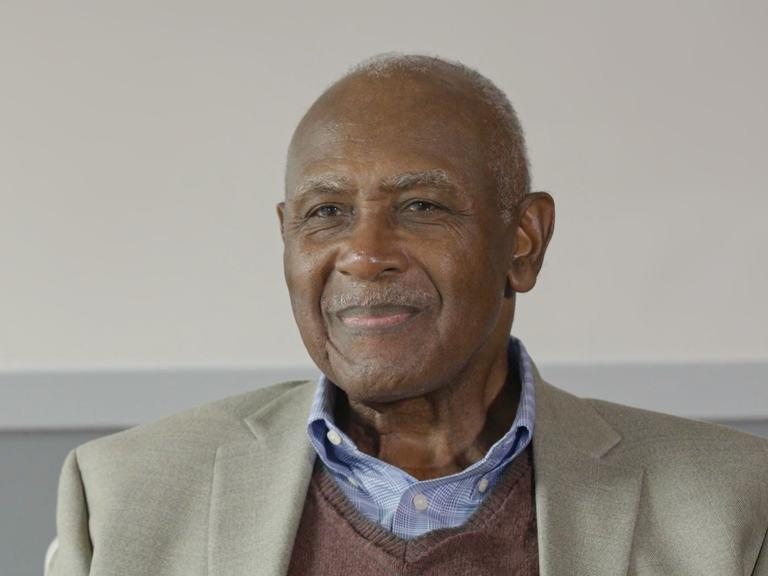
Elizabeth Bartholet Oral History
Oral History, 2024
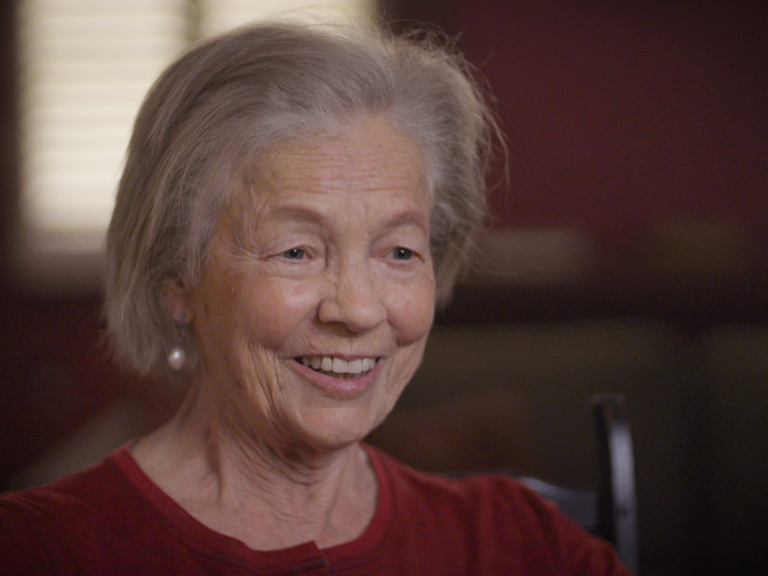
Michael Meltsner Oral History
Oral History, 2023
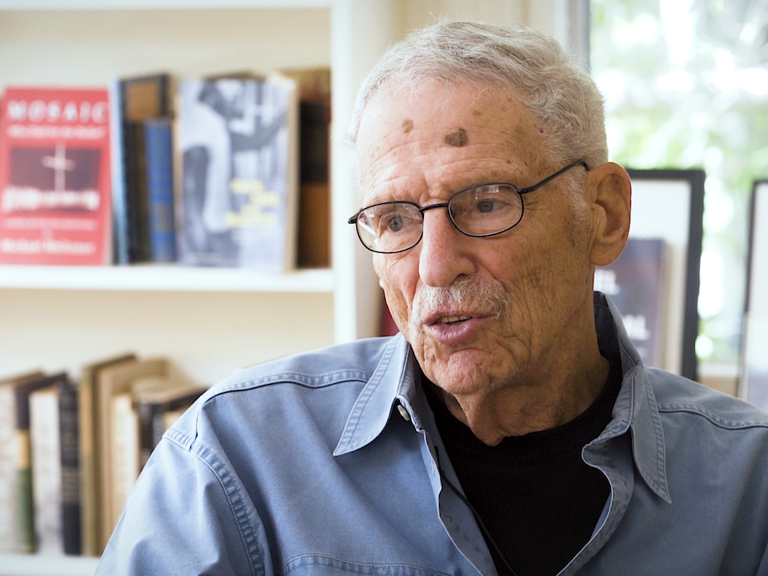
Paul Brest and Iris Brest Oral History
Oral History, 2023
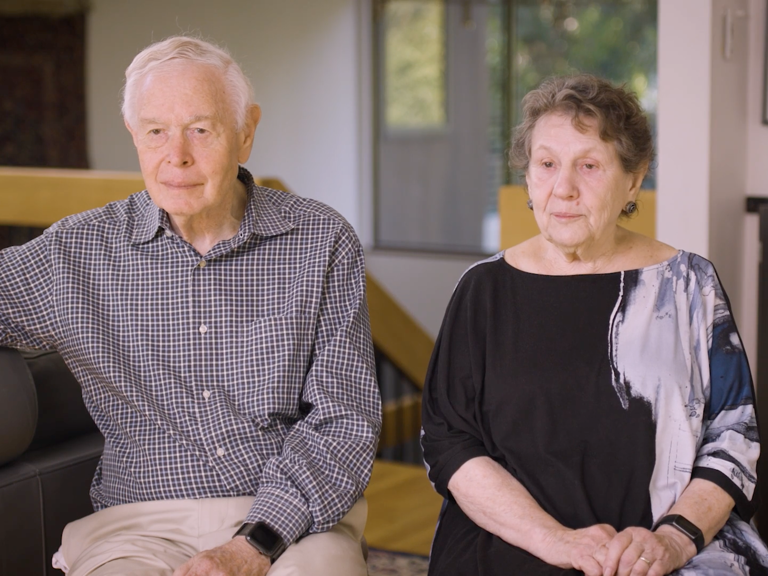
Ted Shaw Oral History
Oral History, 2023

Jack Boger Oral History
Oral History, 2023
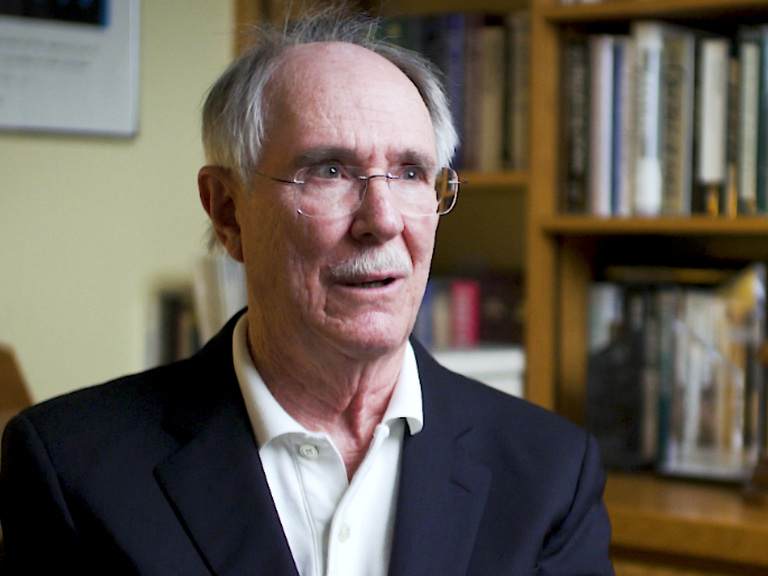
Melvyn Leventhal Oral History
Oral History, 2023
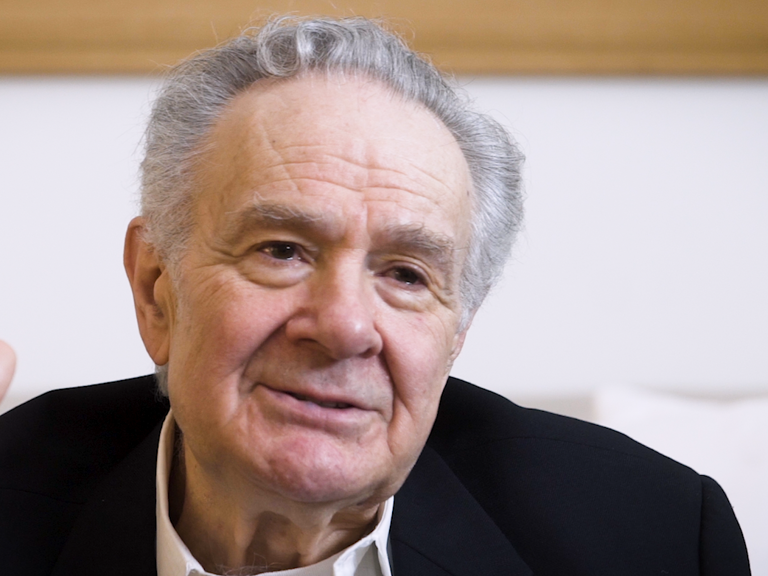
Bill Robinson Oral History
Oral History, 2023
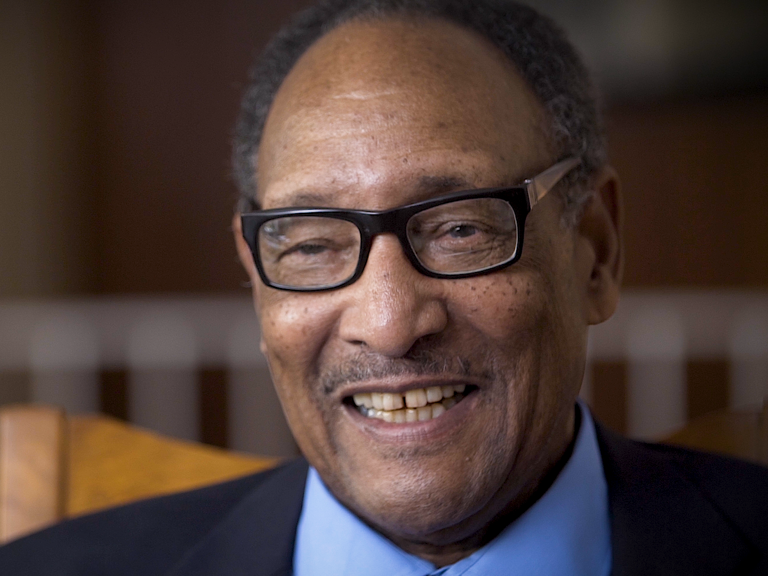
Gabrielle Kirk McDonald Oral History
Oral History, 2024
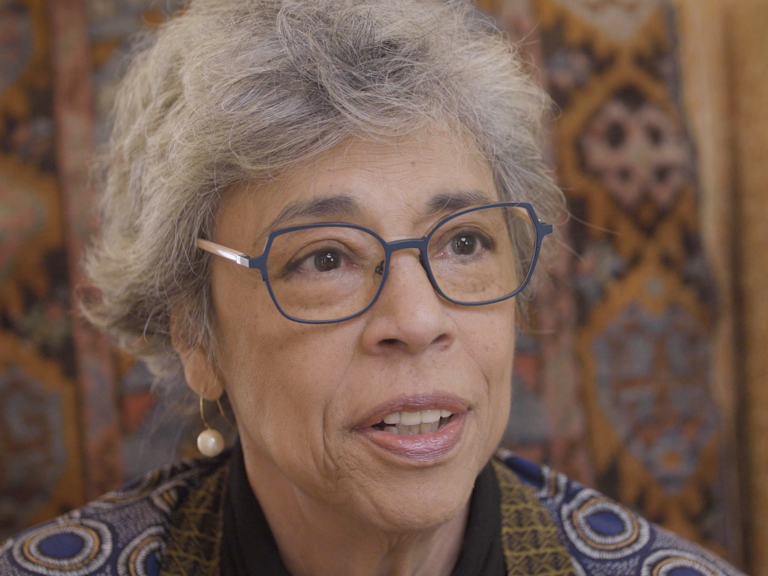
Conrad Harper Oral History
Oral History, 2024

Michael Davidson Oral History
Oral History, 2024

William Turner Oral History
Oral History, 2025
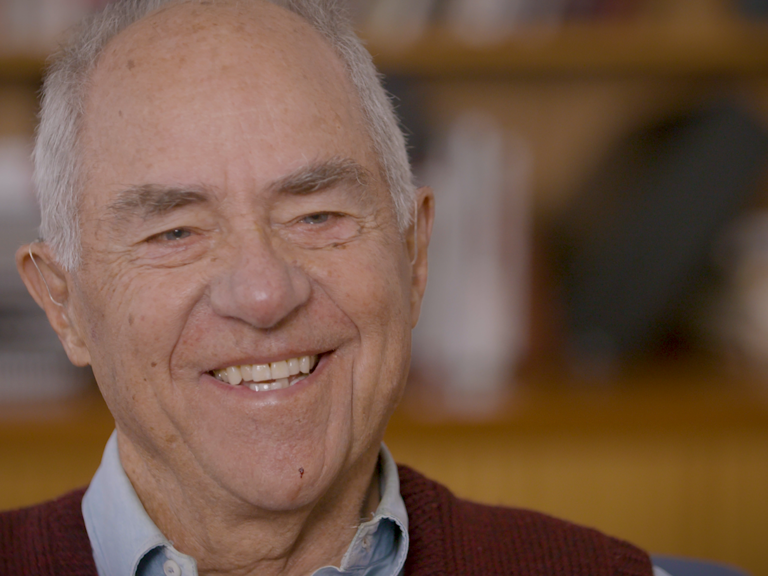
Elizabeth Horton Sheff Oral History
Oral History, 2025
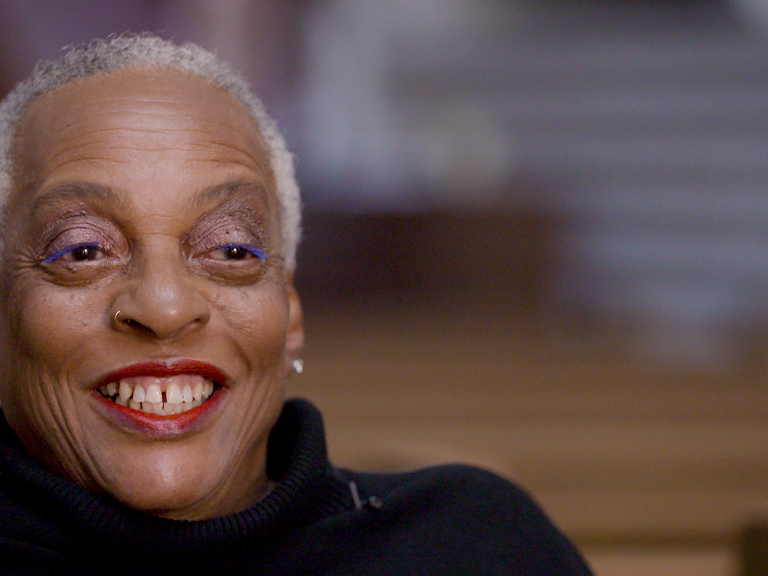
Peggy Cooper Davis Oral History
Oral History, 2024

Jerome Boykin Oral History
Oral History, 2025
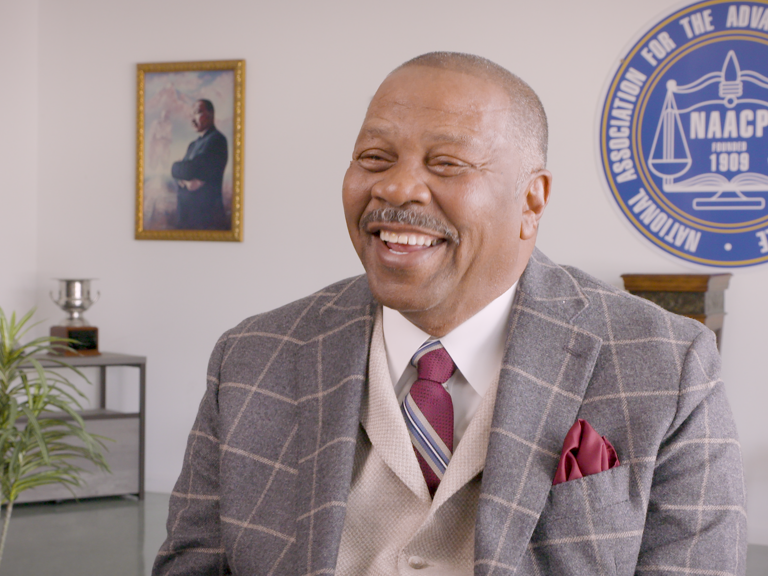
Floyd McKissick Jr. Oral History
Oral History, 2024
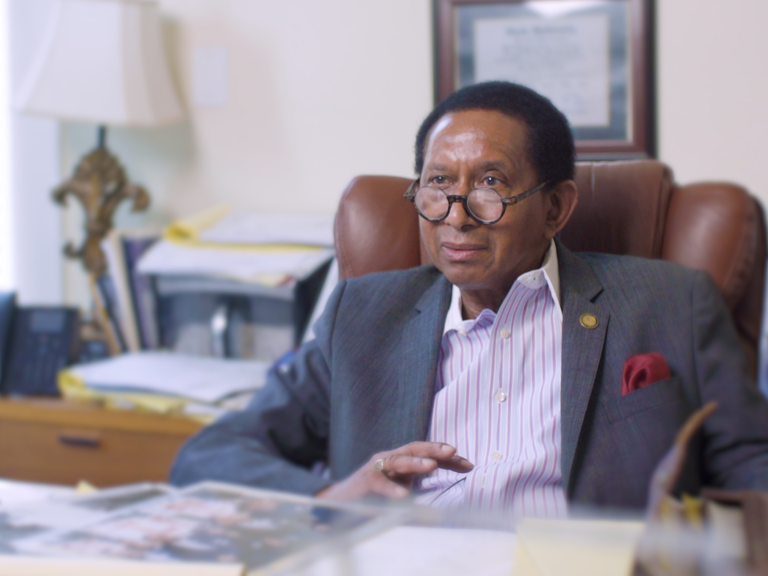
Reuben Anderson Oral History
Oral History, 2024

Janell Byrd-Chichester Oral History
Oral History, 2025

Geraldine Sumter Oral History
Oral History, 2025

Copyright
The exclusive legal right to reproduce, publish, sell, or distribute the matter and form of something (such as a literary, musical, or artistic work).
Index
Akin to a book’s table of contents, which links a chapter to a page number, this document links a summary of a small section of the full recording to a timestamp where that section starts. Different than a word-for-word transcript, the log can serve as an efficient and effective way for users to unlock the oral history’s contents.
Narrator
A person being interviewed during an oral history recording. While there are many possible terms, including interviewee or chronicler, we use the term narrator as an acknowledgment that the people we interview have agency and are not merely “living human subjects.”
Oral history
A planned interview that records personal recollections of the past and historical events from the perspective of an individual(s).
Privilege review
A legal analysis of an oral history to determine if any of the content breaches attorney-client privilege, the duty of confidentiality, or other legal ethics obligations. If such content is identified, it is subsequently redacted.
Each oral history interview comprises a video file, an audio file, and an edited transcript accessible online.
All transcripts have been reviewed and lightly edited by narrators, the Southern Oral History Program, and LDF for readability and clarity. Additions and corrections appear in both brackets and footnotes. If viewing or listening to corresponding video or audio files, please refer to transcripts for corrected information.
This collection of oral history interviews relies on the personal memories, perceptions, and opinions of each narrator based on their own experiences and interpretations of past events. Any statements, recollections, opinions, findings, conclusions, or recommendations expressed in the oral history materials are those of each narrator and should not be understood as either statements of fact by or a reflection of the views of the Legal Defense Fund or the Southern Oral History Program.
Oral History Interview with [NARRATOR NAME], Interview by [INTERVIEWER NAME], [DATE]. Legal Defense Fund Oral History Project. Conducted in collaboration with the Southern Oral History Program. LDF Archives, Thurgood Marshall Institute.
Example:
Oral History Interview with John Charles Boger, Interview by Seth Kotch, February 23, 2023. Legal Defense Fund Oral History Project. Conducted in collaboration with the Southern Oral History Program. LDF Archives, Thurgood Marshall Institute.
At LDF, Janai Nelson (President and Director-Counsel) and Sherrilyn Ifill (former President and Director-Counsel) identified the need for an LDF oral history program, established the vision and priorities, and continue to guide and support this project. Karla McKanders (Director of LDF's Thurgood Marshall Institute), Tona Boyd (LDF’s Associate Director-Counsel), and Donna Gloeckner (Director of Archives and Records) also continue to provide crucial support and oversight. Kayla Jenkins (Manager of Archives) and Kimberly Villafuerte Barzola (Assistant Archivist) lead LDF’s work on the project, with help and input from the rest of the LDF Archives team, especially Cassandra Mensah (Archives Counsel).
Gabriel Solís (Executive Director of the Texas After Violence Project) served as a consultant and thought partner in the RFP process that led to LDF’s partnership with the talented team at the University of North Carolina at Chapel Hill’s Southern Oral History Program (SOHP). This project would not have been possible without Seth Kotch’s leadership, Jesse Paddock’s excellent video production, and the research and project management support of Melody Hunter-Pillion, Irene Newman, Susie Penman, and Sara Wood. Interviews were conducted by Melody Hunter-Pillion, Seth Kotch, Danita Mason-Hogans, Susie Penman, Alissa Rae Funderburk, Gabriel Solís, and Kimberly Villafuerte Barzola.
Above all, LDF would like to thank the narrators who have entrusted us with their recollections: Reuben Anderson, Elizabeth Bartholet, Jack Boger, Paul Brest, Iris Brest, G.K. Butterfield, U.W. Clemon, Michael Davidson, Sylvia Drew Ivie, James Ferguson, Harvey Gantt, Conrad K. Harper, Elaine Jones, Gabrielle Kirk McDonald, Floyd McKissick Jr., Mel Leventhal, Michael Meltsner, Bill Robinson, Ted Shaw, O. Peter Sherwood, and Mel Zarr.
Thank you for engaging with the LDF Oral History Project. If you have any questions about this collection, please contact oralhistory@naacpldf.org.
